Famous land swindles in Tokyo
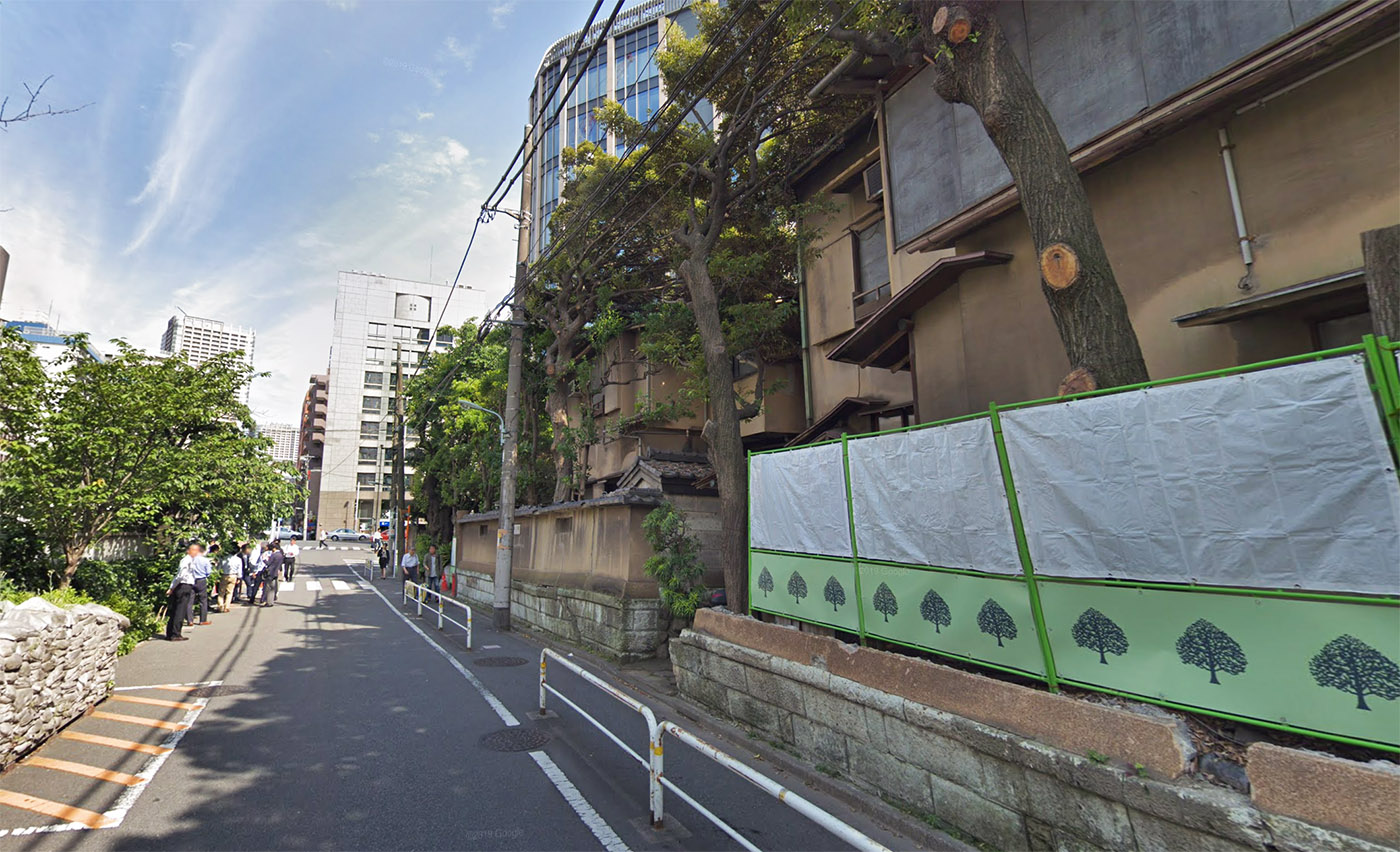
Next month, Netflix is coming out with a fictional series based on 'jimenshi' (地面師), or real estate fraudsters, called Tokyo Swindlers. It looks to be based on some recent high-profile fraud cases that have seen some developers lose billions of Yen to scammers pretending to be selling sought-after plots of land. This is a real risk that we all have to be aware of when operating in Japan's real estate market. While the criminals tend to target domestic investors, I have seen some suspicious cases where foreigners may have also been targeted.Read more
Why the registered land size may differ from the actual size
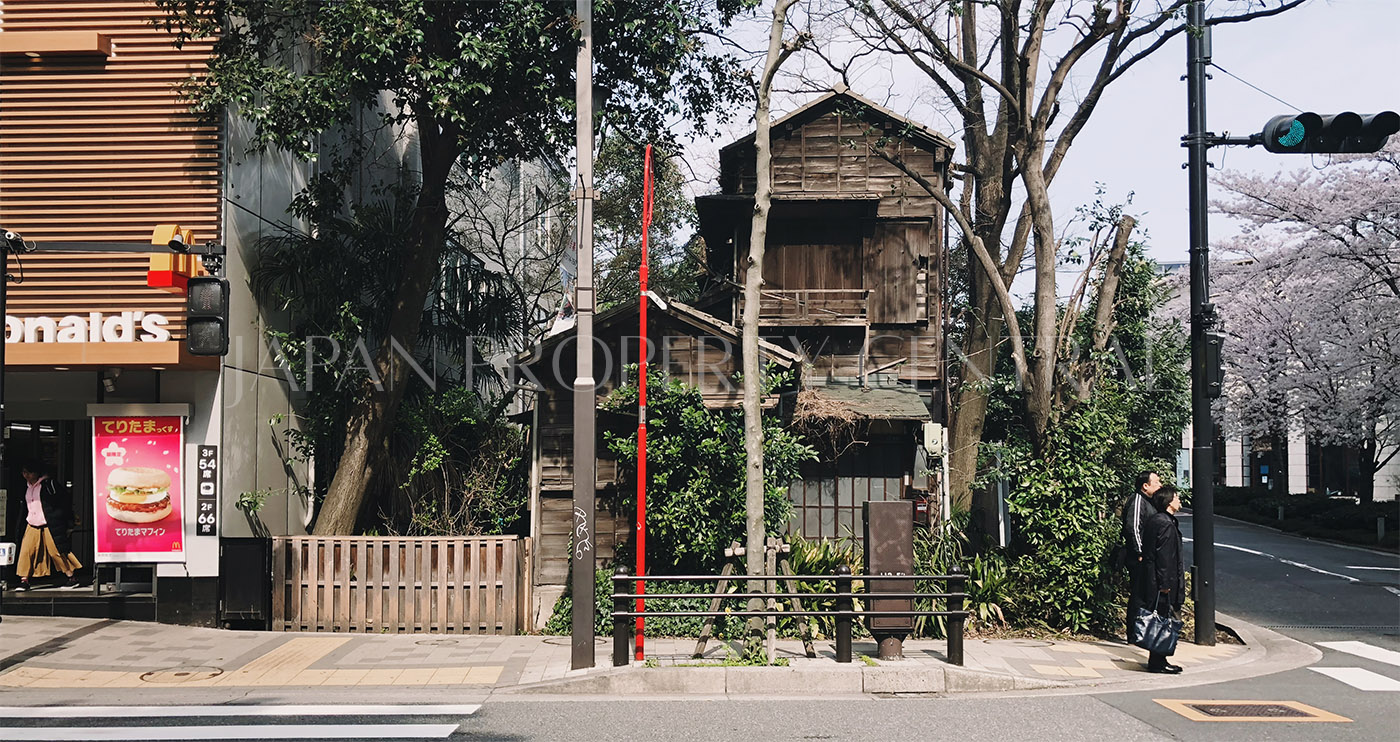 When buying land it is important to be aware that registered land sizes can often differ from actual measured or surveyed sizes. This dates back to the Land Tax Reform introduced by the Meiji government in 1873 that coincided with the establishment of private land ownership. Read more
When buying land it is important to be aware that registered land sizes can often differ from actual measured or surveyed sizes. This dates back to the Land Tax Reform introduced by the Meiji government in 1873 that coincided with the establishment of private land ownership. Read more
Whole-building investor sues lender
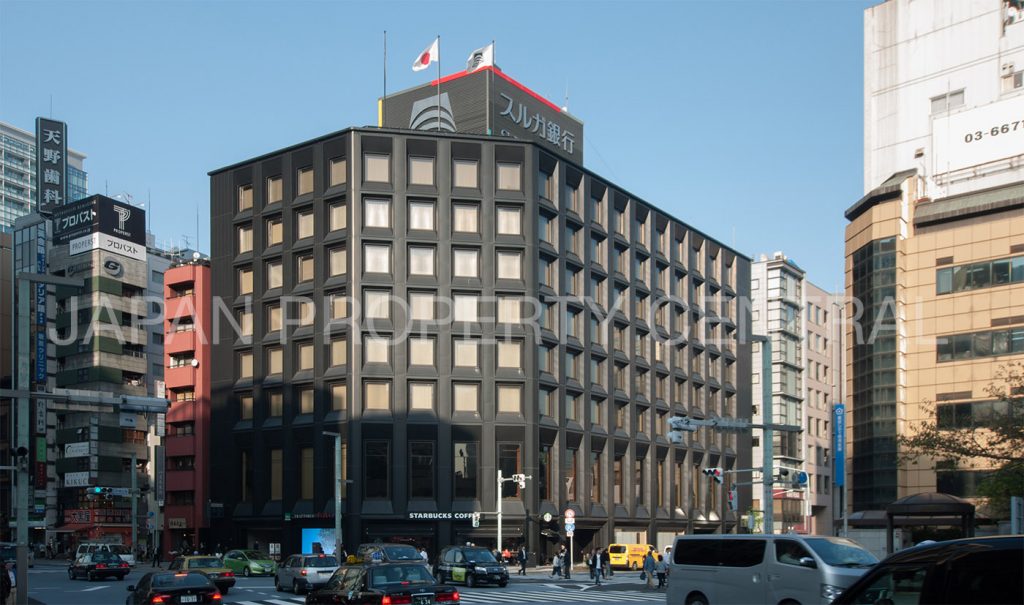
Another cautionary tale from the whole-building investment scandal that had been targeting novice real estate investors for over a decade. This time, a Fukuoka-based news channel interviewed a government worker that just filed a 290 million Yen (US$2 million) lawsuit against the bank at the center of the scandal.
Buying property in an Urbanization Control Area
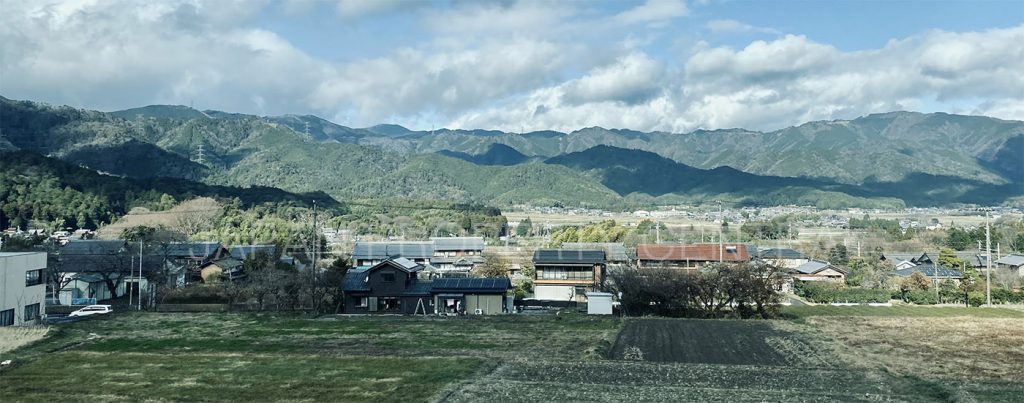
If you are looking at purchasing property in the outskirts of cities, you may come across land that is in an Urbanization Control Area. This land comes with a very different set of building limitations than other classifications. Here’s why you need to pay careful attention to this difference.
Whole-building investment scam could extend to 520 billion Yen in loans

There is still no end in sight for victims of real estate investment fraud and predatory lending. The share house investment fraud scandal that erupted in late 2017 is only the tip of the iceberg, with some data suggesting that similar loans for whole-building investments are four times as high.
More arrests as land swindles continue
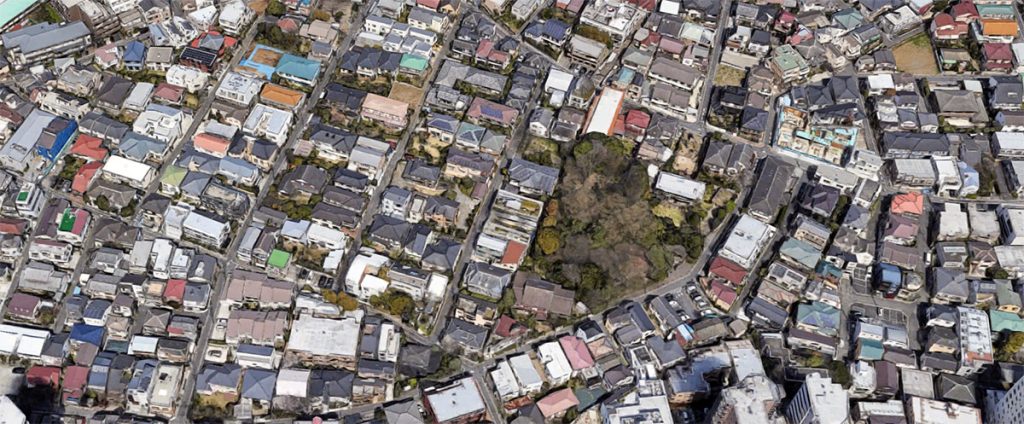
The Tokyo Metropolitan Police Department has arrested three people on suspicion of defrauding a local real estate brokerage of up to 200 million Yen from a land sale back in 2018.
No disclosure requirements for natural deaths, MLIT
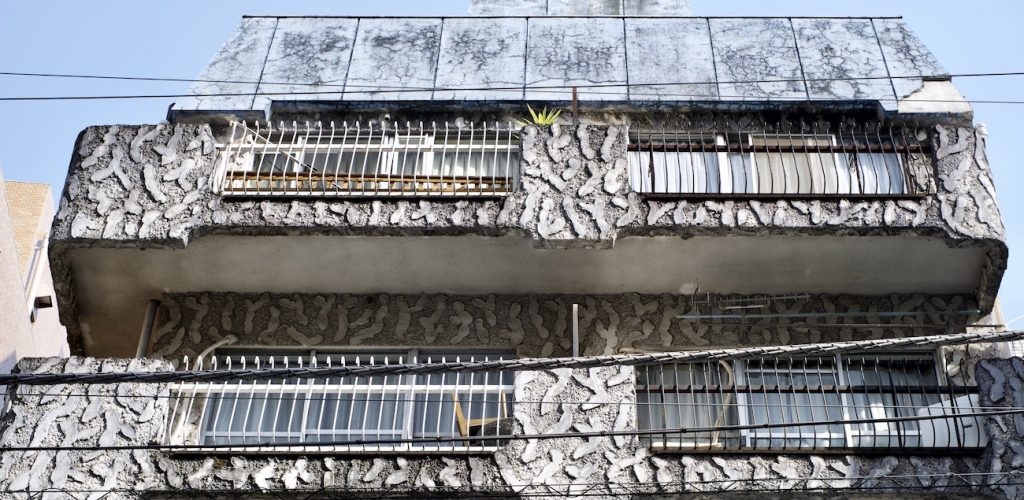
On October 8, the Ministry of Land, Infrastructure, Transport, and Tourism (MLIT) announced the new guidelines for disclosing stigmatized properties to future tenants and buyers. Up until this point, there have been no clear rules on when or what to disclose to a potential occupant, leaving it up to the real estate brokers to follow their own practices. This has been a frequent cause of trouble and confusion.
